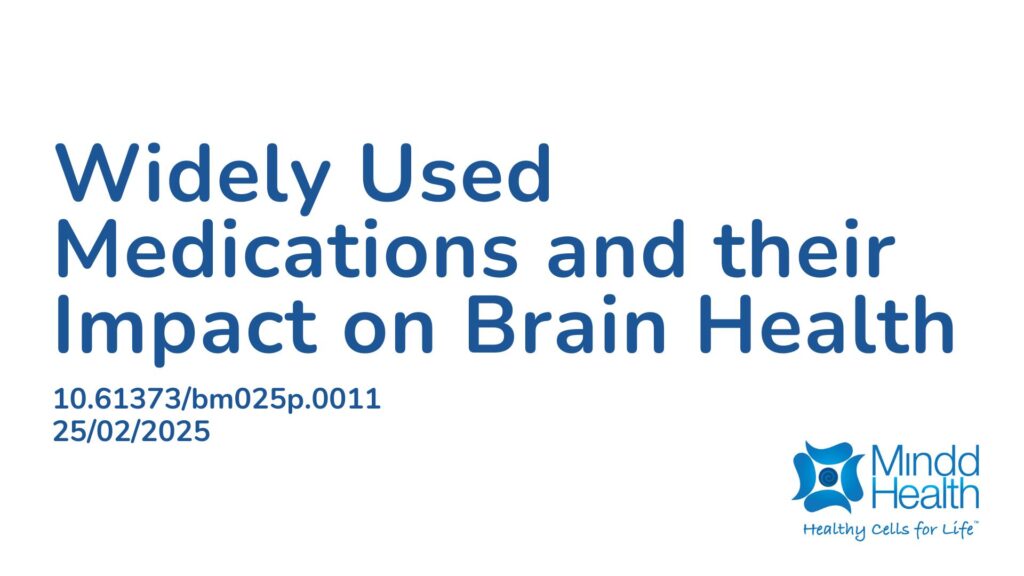Summary:
This study aimed to explore how some common prescription medications, such as anti-psychotics, anti-depressants and heart medications, may interfere with the brain’s ability to make its own cholesterol, and what impact that could have on brain development and health. Cholesterol is essential for the brain because it helps with growth, communication between cells, and keeping the brain’s structure intact. Since the brain is protected by the blood-brain barrier, it can’t use cholesterol from the bloodstream and has to produce its own supply. The study found that certain medications can disrupt a late step in the brain’s cholesterol-making process. When this happens, a substance called 7-dehydrocholesterol (7-DHC) builds up. 7-DHC is highly unstable and easily turns into toxic byproducts, which can damage brain cells and interfere with their growth. This is especially concerning during pregnancy, when the developing brain is most vulnerable to harm. The study also noted that people with existing genetic changes that affect cholesterol production, such as those seen in Smith-Lemli-Opitz syndrome (SLOS), could be at greater risk. In these cases, medications that further disrupt cholesterol production could worsen brain development issues. Overall, the study highlights the need for more research into how medications affect cholesterol production in the brain, particularly for pregnant women and those taking multiple medications.
Abstract:
Sterol biosynthesis is essential for cellular function, producing not only cholesterol but also critical bioactive molecules that regulate cell signaling, growth, and membrane function. In the brain, cholesterol metabolism operates independently behind the blood–brain barrier, maintaining its own homeostatic balance. An emerging concern in clinical pharmacology is the discovery that many common prescription drugs unintentionally interfere with post-lanosterol sterol synthesis pathways. While acute effects of these medications are documented, their long-term consequences for brain development and function remain unclear. Studies using cell cultures and mouse models indicate heightened risk during pregnancy, where drug-induced sterol disruption may interact with genetic factors from both mother and fetus, particularly when multiple medications are prescribed. This significant research gap has important implications for clinical practice. Our review consolidates current evidence about how prescription medications affect post-lanosterol biosynthesis and outlines critical areas requiring urgent investigation.
Article Publication Date: 25/02/2025
DOI: 10.61373/bm025p.0011



